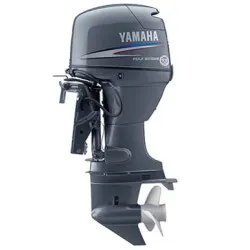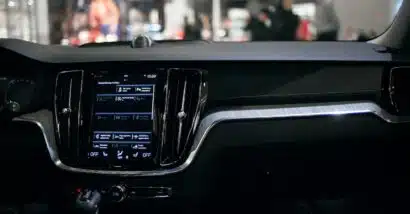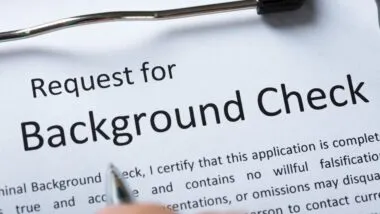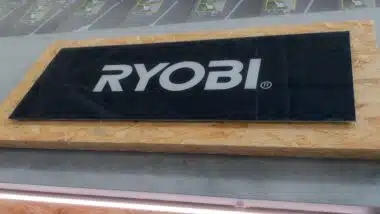 A federal judge tossed all contract claims plaintiffs made in a Yamaha boat motor class action lawsuit for several reasons but did provide for another attempt by the secondhand buyers to repair their fraud claims.
A federal judge tossed all contract claims plaintiffs made in a Yamaha boat motor class action lawsuit for several reasons but did provide for another attempt by the secondhand buyers to repair their fraud claims.
Each of the putative Class Members alleged that they bought an outboard motor for their boats made by the company. After varying periods of ownership, they noted that corrosion had occurred in the exhaust components of the Yamaha boat motor, which, according to the judge’s order, “ultimately causes the motor to fail prematurely” if left unrepaired or unobserved.
The breach of contract claims made by the plaintiffs rely on two prongs, whether or not there was a financial relationship, or privity, between the plaintiffs and the defendants and whether or not the class action lawsuit had been filed in a timely fashion. Neither was the case, according to U.S. District Judge Beverly Reid O’Connell.
Even if California case law allowed for plaintiffs to pursue manufacturers like Yamaha who did not sell directly to consumers, there was little to no evidence that it did so for secondhand buyers, like each plaintiff, eliminating the possibility of privity. The judge had similar problems when it came to the plaintiffs alleging that Yamaha was knowingly aware of the defect but chose not to disclose it to consumers.
She agreed with the plaintiffs that there had been news coverage regarding the potential flaws in the exhaust system of the outboard boat engines and that the company had indeed decided to move on to another design and materials for the second generation, according to the order dismissing the Yamaha class action lawsuit.
Absent other documentation however, that evidence did not conclusively demonstrate the company’s purported knowledge of the defect. The order noted that companies often update their designs and materials to keep up with competitors and for other reasons. In addition, the Yamaha class action lawsuit has not definitively demonstrated that the company was aware of consumer complaints regarding the potential exhaust defect.
However, the Yamaha class action lawsuit could be repaired with further evidence of this. So while all counts were dismissed, the judge will allow for one last try for the plaintiffs to demonstrate that the engine manufacturer was aware of the Yamaha boat engine defect in an amended complaint, according to the order.
Class action lawyers Christopher M. Burke and Hal D. Cunningham of Scott & Scott Attorneys at Law LLP represent the plaintiffs.
The California Yamaha Boat Motor Class Action Lawsuit is Philip Kirsopp, et al. v. Yamaha Motor Co. Ltd., et al., Case No. 14-cv-00496, in the U.S District Court for the Central District of California.
ATTORNEY ADVERTISING
Top Class Actions is a Proud Member of the American Bar Association
LEGAL INFORMATION IS NOT LEGAL ADVICE
Top Class Actions Legal Statement
©2008 – 2025 Top Class Actions® LLC
Various Trademarks held by their respective owners
This website is not intended for viewing or usage by European Union citizens.














